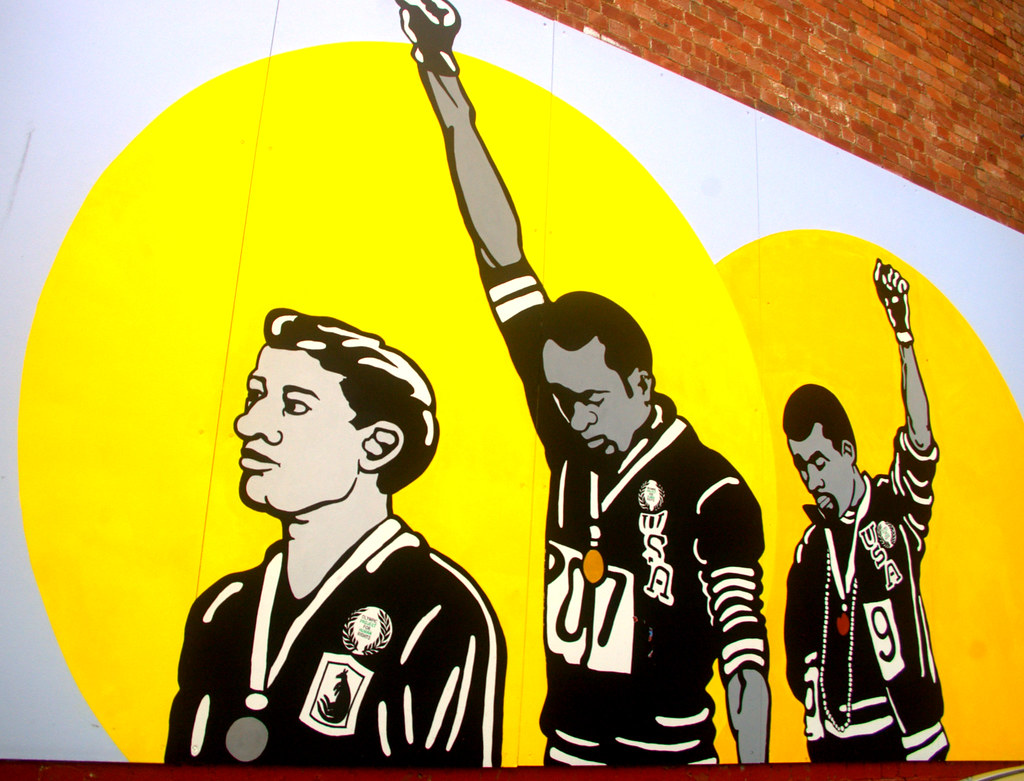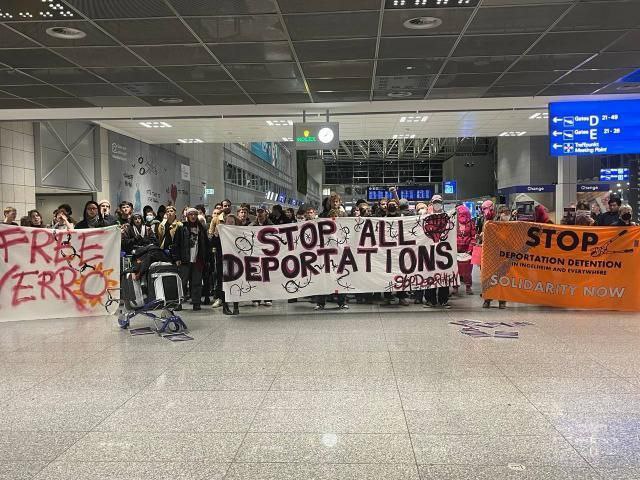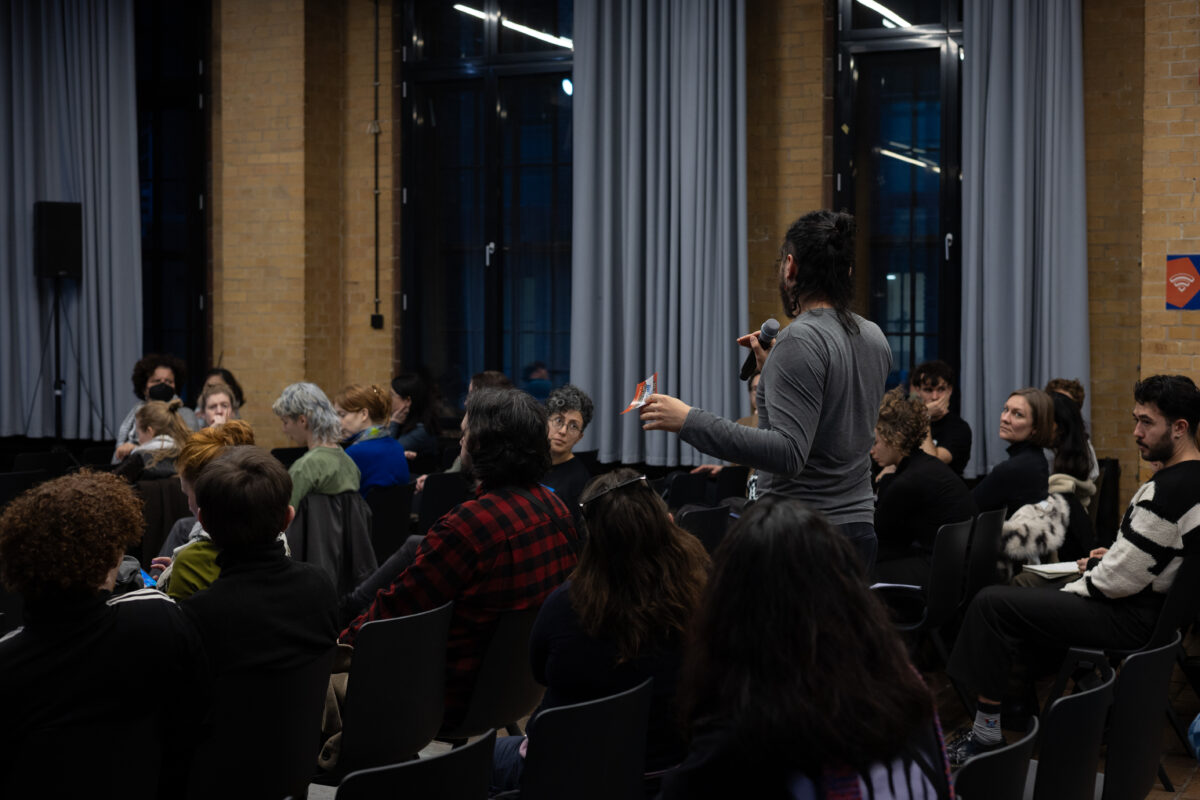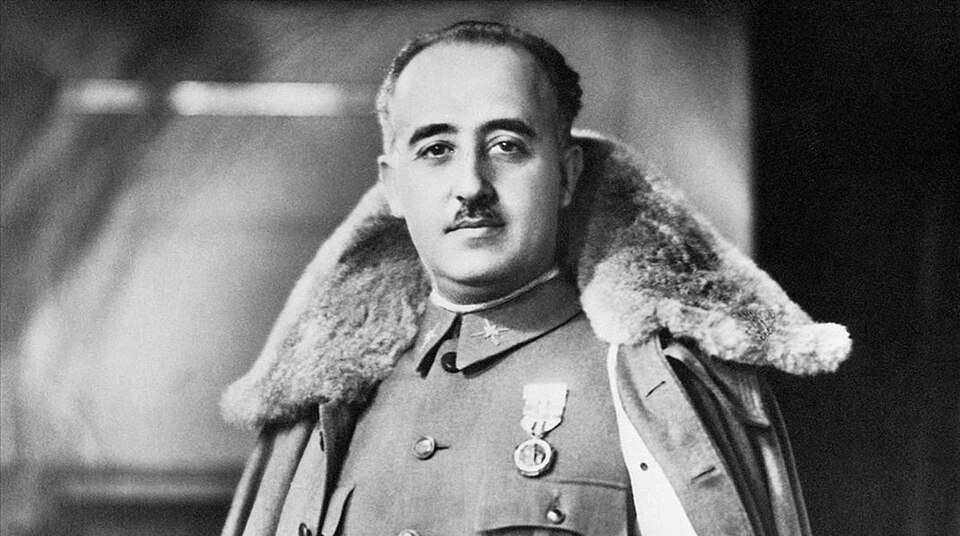The 1968 Olympics were always going to be political. The US war in Vietnam was intensifying, and the world was still reeling from the aftermath of the student riots and general strike in France—as well as uprisings in Prague. Martin Luther King was assassinated in April, giving new strength to an increasingly militant movement against racism in the US. Then, ten days before the opening ceremony, Mexican security forces massacred hundreds of protesters in Tlatelolco Square.
Before the Olympics, the Olympic Project for Human Rights—a group of Black athletes—called for a boycott unless its four demands were met: remove white supremacist Avery Brundage as head of the International Olympic Committee, hire more Black coaches, expel South Africa and Rhodesia from the Games, and restore Muhammad Ali’s heavyweight boxing title (stripped after he refused to fight in Vietnam).
The boycott didn’t gain much traction, but Black athletes were not going to be silent. On 16 October, the second day of the Games, Tommie Smith won gold in the 200 metres, while John Carlos took bronze. Before stepping onto the winner’s podium, Smith and Carlos each wore one black glove. As the Star-Spangled Banner played, they raised their fists in a Black Power salute. They wore no shoes to symbolise Black poverty, and beads and scarves to protest lynching.
The press was outraged. The Los Angeles Times accused Smith and Carlos of making a “Nazi-like salute.” The Chicago Tribune called it “an act contemptuous of the United States” and “an insult to their countrymen.” Brundage—who had approved the Nazi salute at the 1936 Berlin Olympics—ordered both athletes to be expelled from the Olympic Village. They were ostracised, forced to leave Mexico, and pursued by the FBI.
By taking a stand, Smith and Carlos became heroes to millions of downtrodden Black US-Americans. But racism persists—inside and outside sport. As Carlos later reflected, Black athletes “thought that winning medals would supersede or protect them from racism. But even if you won a medal, it ain’t going to save your momma. It ain’t going to save your sister or children. It might give you 15 minutes of fame, but what about the rest of your life?” Their struggle continues.




